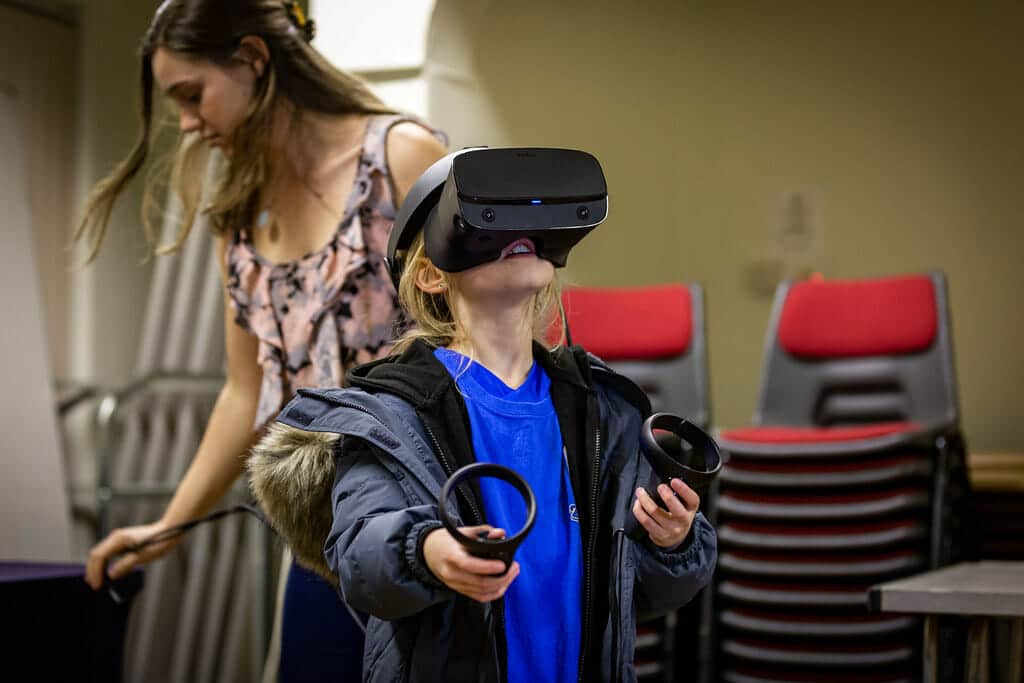Despite what many believe to be developmentally harmful in terms of its selective graphic and violent substance, video games may actually provide mental health benefits.
After all, for those of us with the privilege of being able to access it, video games have served as a solace in the troubled midst of the Covid-19 pandemic. Even preceding this, gaming has garnered a community of people who play and socialize online routinely.
Claims made by researchers at University of Limerick-based Lero, the Science Foundation Ireland research centre for software, suggests that video games could offer “low-cost, accessible, effective and stigma-free support” to those in need of inaccessible mental health services.
Lero researcher Dr. Mark Campbell spoke to Silicon Republic with the following information:
“The overall accessibility and pervasiveness of commercial video games within modern society positions them as an invaluable means of reaching individuals with mental health disorders, irrespective of age and sex, and with limited access to mental healthcare, particularly relevant during the current Covid-19 pandemic.”
“It is worth considering commercial video games as a potential alternative option for the improvement of various aspects of mental health globally,” he added.
Another Lero researcher, Magdalena Kowal, elaborated on the additional burden that the pandemic has placed on services already facing high pressures.
There is a heightened demand for accessible and cost-effective methods that prevent and facilitate coping with mental health illness. This demand has exacerbated following the advent of the Covid-19 pandemic and subsequent increase in mental health disorders, depression and anxiety in particular.
Magdalena Kowal
Kowal added that virtual reality (VR), in addition to commercial video games, is a potential factor in tending to mental health.

She commented, “These are well-suited for the implementation of cognitive behavioural techniques for the treatment of depression and anxiety disorders in the future. Given the immersive nature of VR technology and the controllability of the virtual environment, it could be particularly well-suited for use in exposure therapy.”
It’s both encouraging and inspiring to witness new developments in science, especially those surrounding the branch of mental health. For more news about recent developments in treating mental health, click here.














